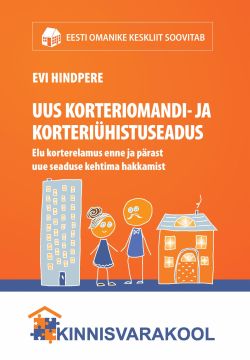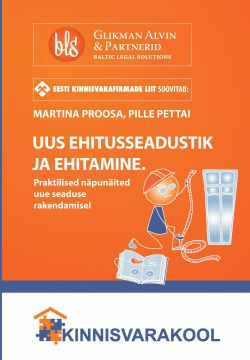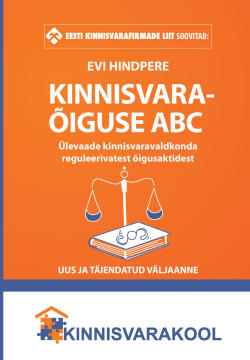Mean net wages topped the pre-crisis levels in all three Baltic States. Wage statistics show a gap of almost 50 per cent between mean net wages in Estonia and the other Baltic States; in recent years, the gap has widened even further. In Estonia, mean net wages are approximately 14 per cent above the pre-crisis levels, reaching EUR 785 in the last quarter of 2013, whereas mean net wages were EUR 530 in Latvia and EUR 524 in Lithuania at the end of 2013. In Latvia and Lithuania, mean net wages now exceed the 2008 levels by two per cent.
“Presumably, wage increase will continue this year as well – at an accelerating rate in Latvia and Lithuania but most likely at a decelerating rate in Estonia. In Lithuania, mean gross wages are expected to increase 5.5. per cent. In Latvia, increase in gross wages this year may reach 5 to 5.5 per cent, partly due to a minimum wage increase (by 12.5 per cent, to 320 euros a month),” commented Edmunds Rudzītis, SEB Latvia’s social economy expert.
“Despite slow economic growth in Estonia, the factors driving wage increase, such as an uneasy labour market and a lack of qualified labour, will remain. In addition, on January 1 minimum wage was raised by 11 per cent, from EUR 320 to EUR 355. In Estonia, mean wages may be expected to increase by five per cent,” added Triin Messimas, Development Manager of Private Loans at SEB.
In 2013, real wages grew most in Latvia – 6.2 per cent in the fourth quarter. Real wages in Estonia and Lithuania rose 6 and 4.2 per cent, respectively. Due to low inflation, a perceptible growth in real wages is expected in all three Baltic States in 2014.
















